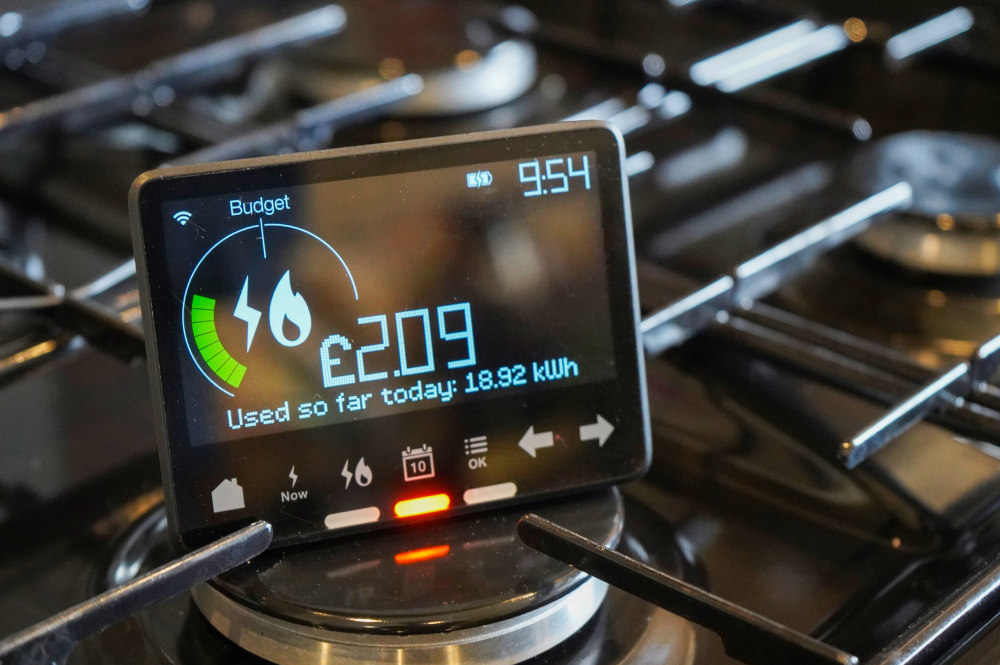The Controversy of Smart Meters

The smart meter rollout started in 2011, measuring how much gas and electricity a household uses and communicating meter readings automatically to energy suppliers.
A Brief History
Touted as being cost-savers, smart meters were introduced by energy suppliers in the early 2010s and were usually provided free-of-charge on a voluntary basis. Over time they have become widely adopted, 38.4 million smart meters are used in homes in Britain,1 with incentives including free installation and favourable tariffs.
With a handy in-home display providing real-time readings and estimated costs, they remove the need for estimated usage bills, as well as helping energy customers to monitor and reduce energy consumption. Households usually have one meter for electricity and an additional meter for gas, although their in-home display may show both energy readings. Smart meters send the energy supplier an accurate reading on a frequent basis – hourly, daily or monthly.
Accurate Readings
Smart meters allow for users to have more accurate reading of their energy meters, allowing them to identify areas to reduce energy usage. With traditional meter readings, if a user forgets to submit a reading, then the energy supplier will estimate usage from data from previous bills which can be wildly inaccurate. Research shows that smart meters took an estimated £300 million off consumers bills in 2020.2
By monitoring when energy is most used throughout the country, energy suppliers can set ‘time of use’ tariffs which vary the cost of electricity throughout the day, moving electricity away from peak periods to ease the pressure on the grid, whilst also offering cheaper rates to users during off-peak times.
The Environment
Smart meters provide data about energy consumption to energy suppliers, allowing them to be efficient in the energy that they produce, helping to balance the grid. This means that they can attempt to change peak usage hours by incentivising users to use energy in off-peak times, to help spread out the amount of electricity used.
With hundreds of households throughout the nation reducing their energy, it results in a lower carbon footprint. It is thought that smart meters can help save British homes 6 million tonnes of CO2 emissions every year.3
Controversy
The introduction of smart meters brought with it scepticism and uncertainty. Users were originally uncertain about the cost associated with installation of a smart meter, however as energy providers are obliged to provide households with them for free, it is the costs of the maintenance which is paid for by users, added to monthly bills. But many have argued, is it a small price to pay to be able to potentially save money on your bills and help the environment?
Additionally, nearly four million smart meters in Britain are faulty, meaning users are being overcharged due to their smart meters not calculating accurately.4 Faults can be for a wide variety of reasons, including switching energy suppliers. First generation smart meters (SMETS1) were unable to continue functioning when a household switched suppliers, creating not only inaccurate readings but hassle for users, who needed to chase energy suppliers to get a new meter or their existing one fixed.
However, with the advancement of technology, new second generation meters (SMETS2) are being used to resolve the issue. There are also plans to allow for first generation meters to be virtually upgraded to ensure that they are compatible with all energy suppliers.
In addition to the above, rumours circulated that energy suppliers would start to charge more for power being used at peak times, however this has been debunked – energy suppliers are not allowed to charge you more based on when you use your energy, unless a user has chosen a time-of-use tariff.
Overview
Smart meters allow for more accurate readings than a traditional meter, allowing users to manage their energy usage, protecting them from overpaying bills, and giving energy suppliers the ability to ease strains on the grid. Additionally, it is a step in the right direction for the environment – allowing people up and down the country to make conscious changes to use less energy.
1 Gov.uk
2 Gov.uk
4 BBC


